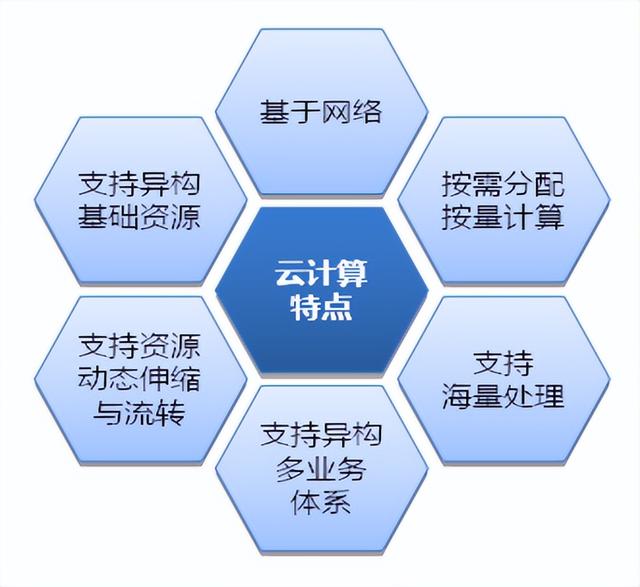
In the fictional novel “To Live,” famous Chinese writer Yu Hua portrayed the struggle of an old man in the countryside in the wake of major historical events such as the Chinese Civil War and the Cultural Revolution. The protagonist, Fugui, decided to stay alive with a glimmer of hope and determination despite enduring the loss of his family one by one.
在虚构小说《活着》中,中国著名作家余华描绘了一位老人在中国内战和文化大革命等重大历史事件背景下在农村的艰难求生。主人公富贵在一个接一个失去家人的情况下,抱着一线希望和决心活下去。
Thirty years after the novel's publication, many Chinese social media users this week said they've found a living example of Fugui: a disabled 66-year-old man called Erjiu from a village in the northern Hebei province. His life story, turned into a short film by his nephew, has won the hearts of millions
在这部小说出版30年后的本周,许多中国社交媒体用户表示,他们找到了富贵的一个活生生的例子:河北省北部一个村庄的66岁残疾男子“二舅”。他的人生故事被他的侄子拍成了短片,赢得了数百万人的心。
In the 11-minute film, Tang Hao, a content creator and former history teacher at a tutoring agency, described how Erjiu, which translates as second-oldest uncle, coped with life's struggles following an accident that resulted in him no longer having the use of his leg. Tang shot the film during his three-day visit to his uncle's home, which he said has cured his “mental exhaustion.”
在这部时长11分钟的电影中,内容创作者、曾在一家辅导机构担任历史教师的唐昊描述了二舅在一次事故中失去了一条腿后如何应对生活困难挣扎。唐昊在他叔叔家的三天拜访中拍摄了这部电影,他说这治愈了他的“精神内耗”。
“I've met some major figures throughout my life but it's only through Erjiu that I've discovered all the beautiful and powerful traits of our nation,” Tang said in the film.
唐昊在影片中说:“我也曾有幸相识过几位人中龙风,反倒是从二舅这里让我看到了我们这个民族身上所有的平凡、美好与强悍。”
The video tells the story of how Erjiu was a promising student but dropped out of school and decided to learn carpentry after treatment for a fever went wrong and left him with a lame leg. He then made himself “the cripple everyone in the village can't live without” with his kindness and hard work. The man later quit carpentry to become a full-time caregiver to his ailing mother and became a part-time handyman repairing “almost everything other than laptops and smartphones” for the villagers.
这段视频讲述了二舅原本是一名很有前途的学生,但因为发烧治疗失败,导致一条腿瘸了,他决定去学木工。然后,他的善良和努力让自己成为“村里每个人都离不开的瘸子”。这名男子后来辞掉了木匠工作,全职照顾生病的母亲,并成为一名兼职勤杂工,为村民们“修理除了笔记本电脑和智能手机之外的几乎所有东西”。
The video has gone viral since its release Monday, with over 34 million views on leading video streaming site Bilibili as of Friday afternoon.But some critics have, however, questioned the authenticity of Erjiu's story and highlighted “questionable” details in the video.
这段视频自周一发布以来迅速走红,截至周五下午,在知名的视频流媒体网站哔哩哔哩上的播放量已超过3400万次。然而,一些批评人士质疑二舅故事的真实性,并着重指出了视频中“可疑”的细节。
Sun Jiashan, associate professor at the China Academy of Art, believes the reason the video went viral is because it responds to the general anxiety of young people facing poor employment prospects and limited space for development. Their tributes to Erjiu and their likes and forwards of the video on social media project that anxiety.
中国艺术研究院副教授孙家山认为,这段视频走红的原因是,它回应了就业前景不佳、发展空间有限的年轻人的普遍焦虑。他们对二舅的致敬,以及他们在社交媒体上对这段视频的点赞和转发,都显示了他们的焦虑。
Facing heavy pressures from work, family, and other relationships, millions of Chinese youngsters, especially those living in major cities, have grown more anxious and inclined to “lie flat.” A 2021 report showed people between 16 and 34 share the highest level of anxiety, while a June survey by a recruiting site said 85% of the respondents faced a certain degree of pressure at work.
面对来自工作、家庭和其他人际关系的巨大压力,数以百万计的中国年轻人,尤其是那些生活在大城市的年轻人,变得越来越焦虑,倾向于“躺平”。2021年的一份报告显示,16岁至34岁之间的人焦虑程度最高,而一家招聘网站6月份的一项调查显示,85%的受访者在工作中面临着一定程度的压力。
,




